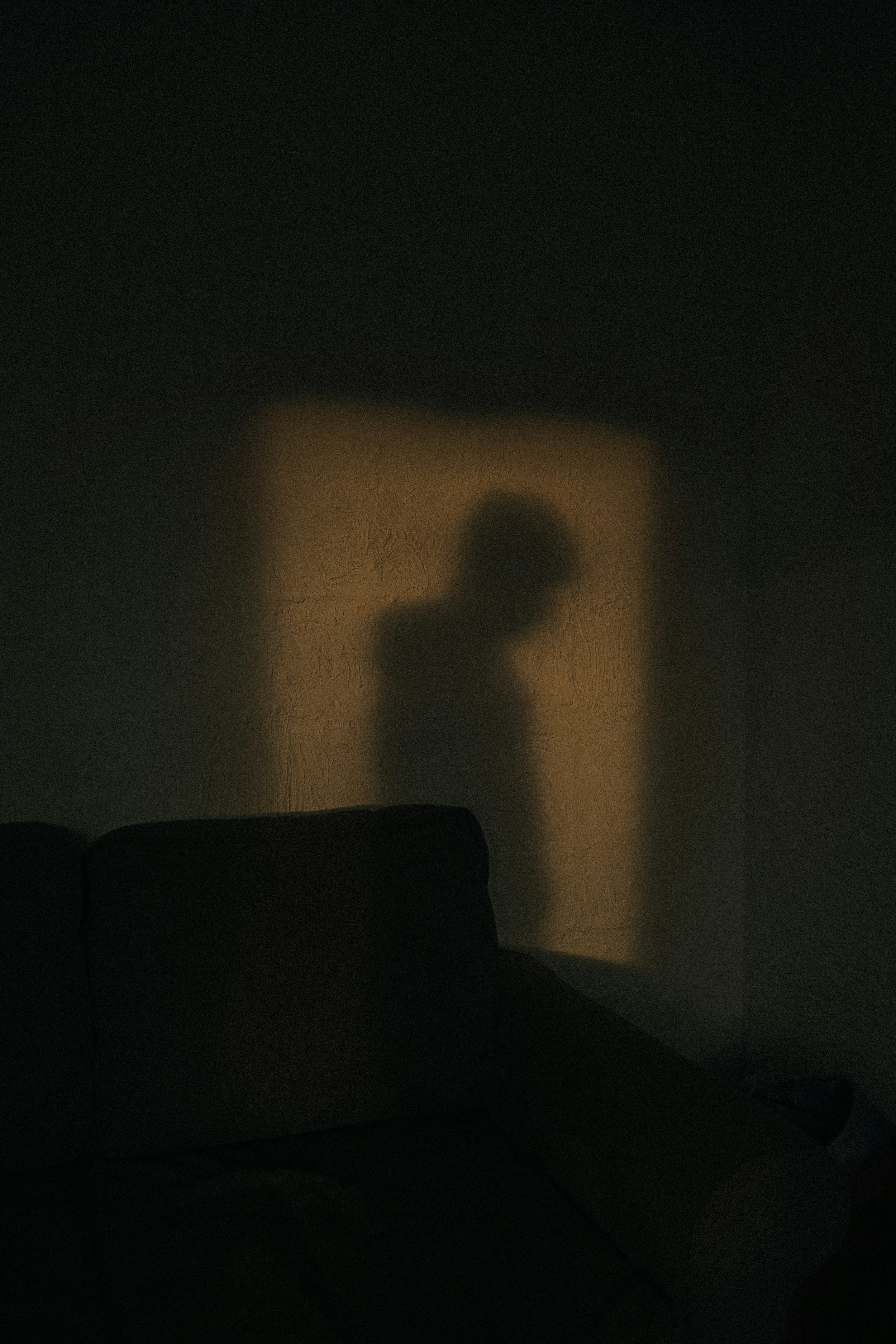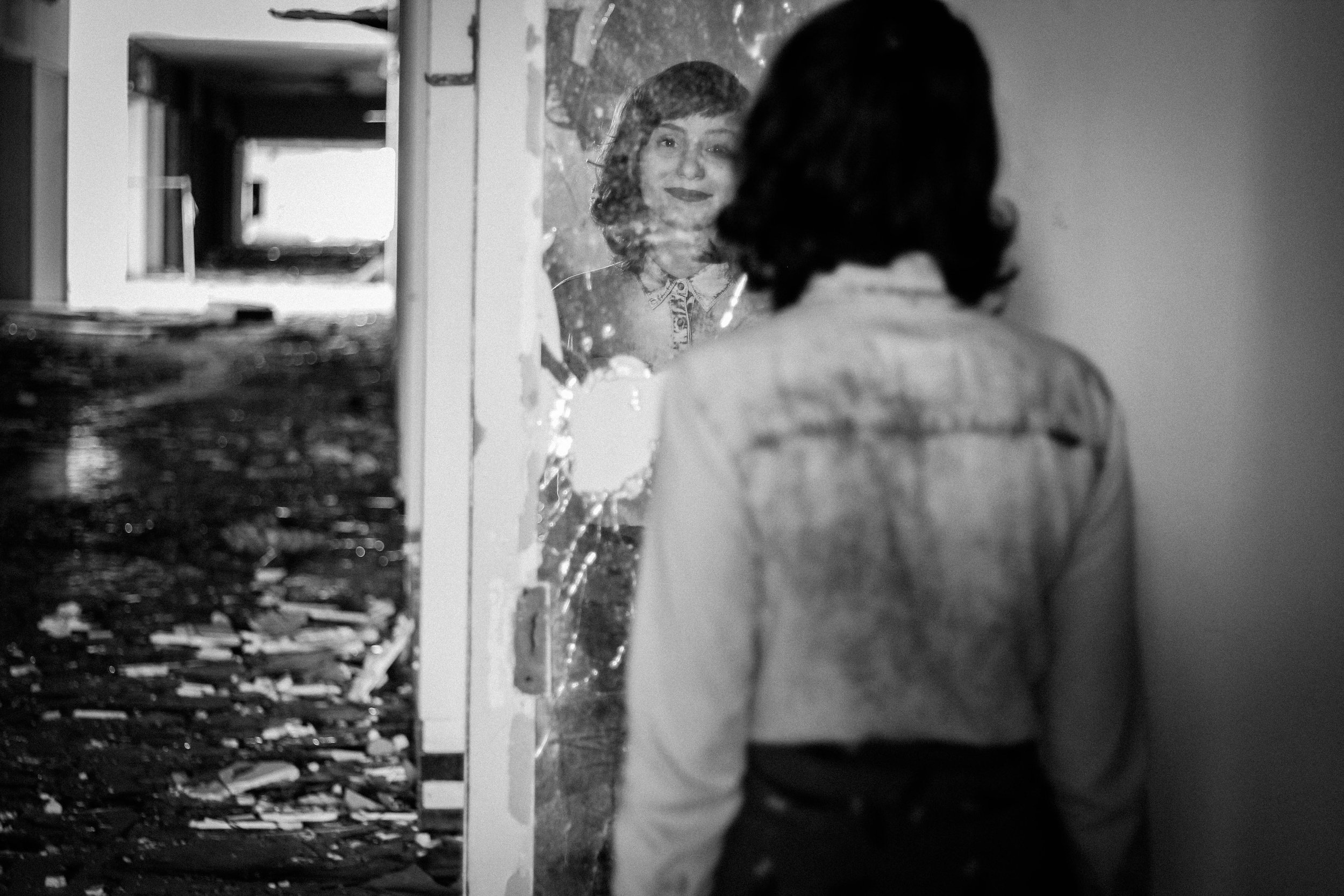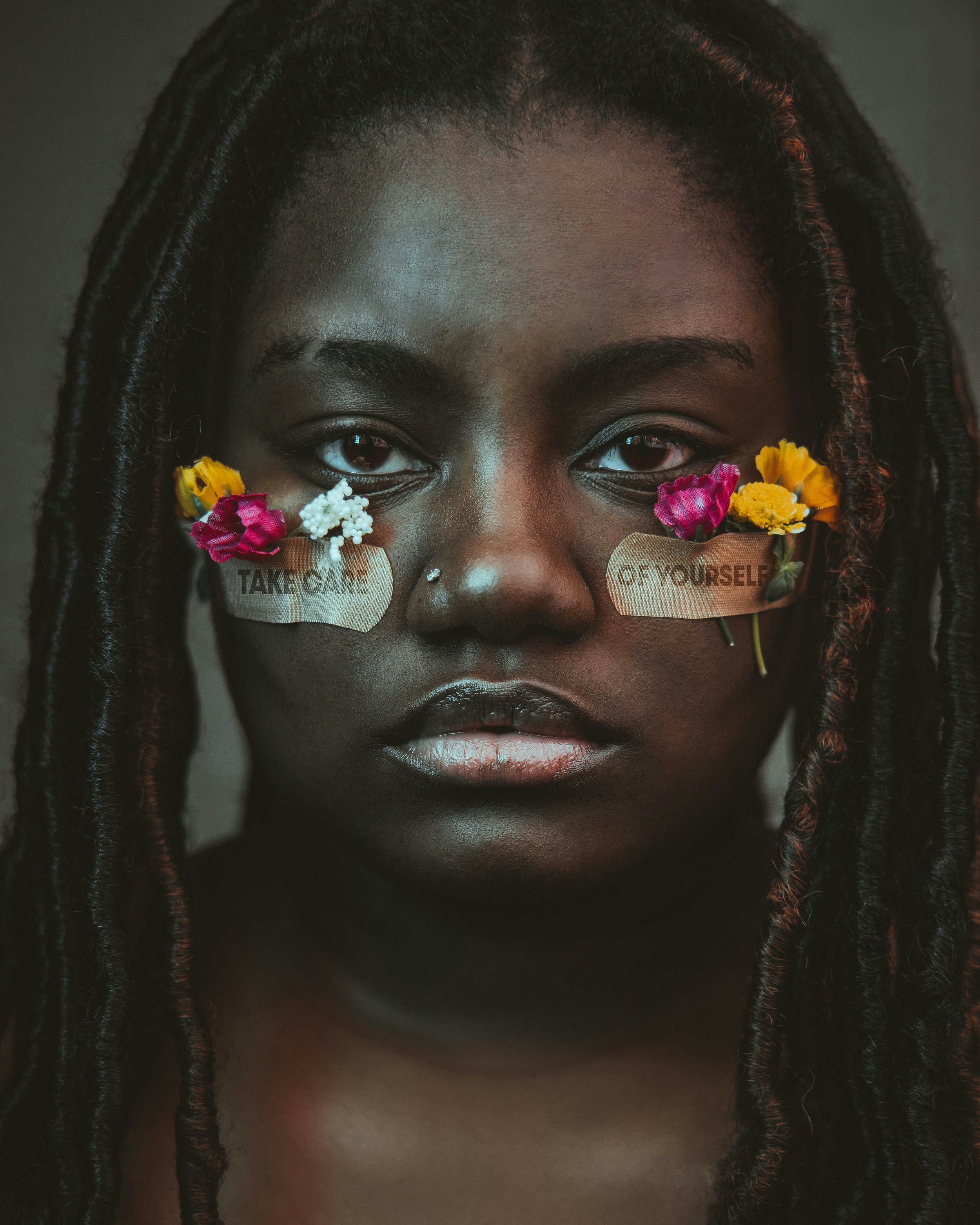
How Stigma Keeps Us Quiet and What Healing Sounds Like
It rarely feels like a straight line. One day you may feel deeply connected to your partner, remembering the laughter and intimacy that drew you together. The next day, you may feel small, dismissed, or criticized in ways that sting long after the words are spoken. That back-and-forth—care and cruelty, closeness and distance—can leave you questioning: Is this a hard season we can work through, or is this something deeper that keeps repeating?

When You’re the First One in Your Family to Go to Therapy
There’s a particular kind of loneliness that comes with being the first one in your family to sit on a therapist’s couch. It’s not just about explaining your feelings. It’s about translating an entire worldview. About breaking open ways of coping that generations before you needed just to survive.
Nobody talks about how heavy that is.
You’re not just going to therapy for yourself. You’re going for everyone who didn’t have the language.

AM I DOING OK? ARE YOU OK? SIGNS OF MENTAL HEALTH Issues You Shouldn’t Ignore (For yourself and those around you…)
It’s time to name the warning signs that too many folks brush off. IT’S OKAY IF YOU’RE NOT OK. CHECK IN WITH YOURSELF and others:

OMG My MOOD IS Up and Down Every Day!! — HELP!
The world we’re living in right now is, to put it lightly, crazy. Things seem to be shifting at a pace that’s both dizzying and exhausting. One minute, everything feels fine, and the next, you’re overwhelmed, anxious, or sinking into a fog of depression. For so many of us, the combination of global chaos, personal pressures, and the constant bombardment of stressors can make it feel like we're walking on a tightrope, constantly teetering between holding it all together and falling apart.

It’s Self-Care Month (designated by the World Health Organization in 2019).
Thanks WHO! Did you know the concept of self-care in the United States originated as a medical term in the 1950s for long term care patients? Later the ‘self care’ concept was adopted by activist groups during the civil rights movement as a way to manage the wear and tear on one’s body when on the front lines. BUT, if we take a moment and decenter western history around the concept, we can see that indigenous forepeople have been attuned to the needs for time for holistically caring for the body (and the planet, for that matter) as a collective responsibility for a community long before the concept was named and, now talked about by influencers. ( I mean, I remember my grandma talking about “resting her eyes”... can anyone else think of terms or phrases from elders that talked about ideas of rest?) Anyway…
